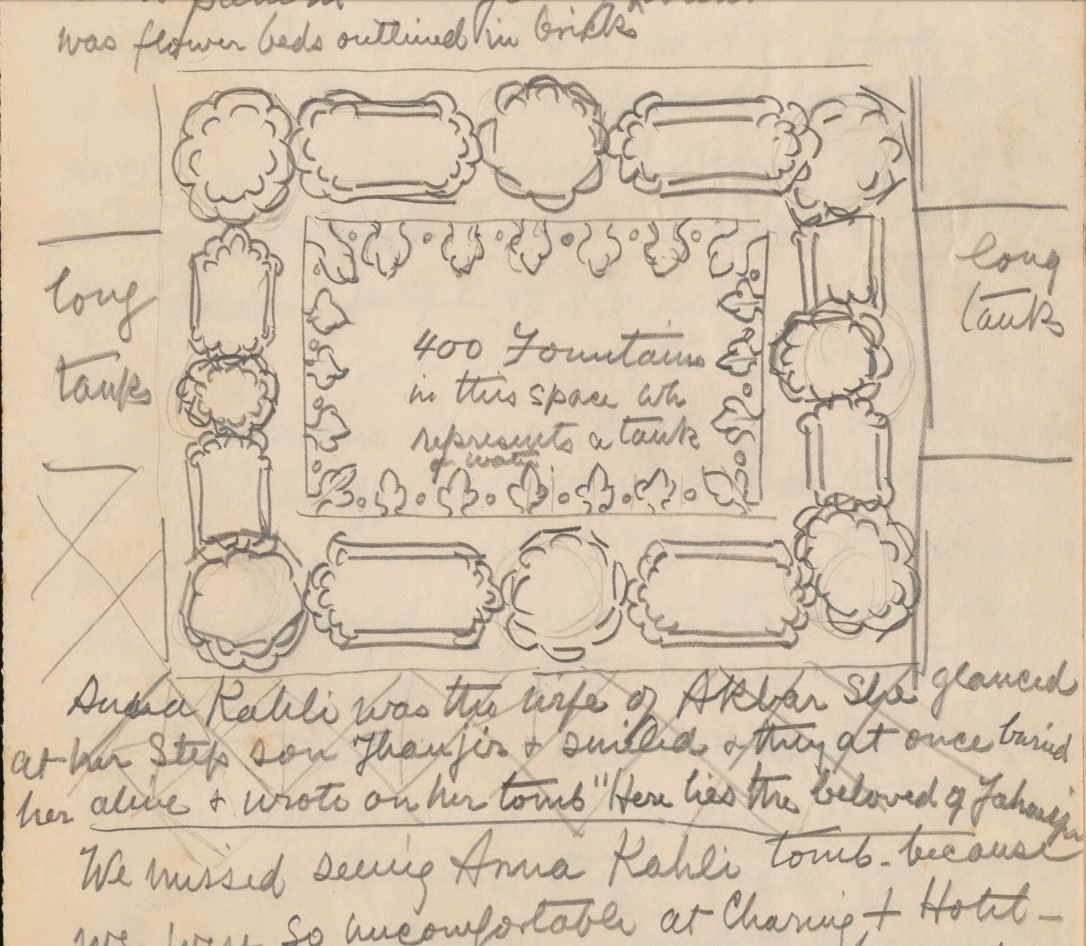The Digital Library of Georgia (DLG) is pleased to announce the availability of Georgia town films and home movies digitized by the Walter J. Brown Media Archives and Peabody Awards Collection (BMA). The Georgia Town Films Collection is available at https://dlg.usg.edu/collection/ugabma_bmatf and the Georgia Home and Amateur Movies collection is available at https://dlg.usg.edu/collection/ugabma_bmahm.
DLG staff provided enhanced description of these moving image resources that enables users to locate segments of the moving image footage without having to view the footage in its entirety.
The BMA digitized 126 home movies and 5 town films from Georgia, but did not have the cataloging staff available to create fuller, richer representations of this content unique to Georgia and Georgians. Providing the broadest access for this content demanded more robust description. DLG staff provided shot lists, and, through the use of the University of Kentucky Libraries’ Oral History Metadata Synchronizer (OHMS), have provided users with word-level search capability and a time-correlated description that connects the text search term to the corresponding moment in the moving image footage. DLG staff also assigned Library of Congress subject headings to each of the films so that librarians and researchers can locate relevant information without having to refer to various versions of names or keywords.
Items in the Georgia Town Films Collection include films covering the towns of Fitzgerald, Bowman, and Athens. Items in the Georgia Home and Amateur Movies digital collection include a film from the Pebble Hill Plantation film collection that contains footage of African Americans playing baseball in Thomasville, Georgia in their plantation uniforms; a film from the Kaliska-Greenblatt home movie collection that includes a parade honoring Bobby Jones in 1930 on Peachtree Street in Atlanta; a film from the Joseph and Marion Rossiter home movie collection that shows a 1950 St. Patrick’s Day parade in Savannah; and a film from the Newman Family home movie collection that shows congressman John F. Kennedy at the airport in LaGrange campaigning to become President of the United States.
Ruta Abolins, director of the Walter J. Brown Media Archives and Peabody Awards Collection notes: “Georgia home movies and town films document everyday rituals, ceremonies, and behavior, and demonstrate how people really lived. Home movies and town films have been used by history, art, drama, and storytelling classes at the University of Georgia, and they have been viewed and used by documentary filmmakers and writers. Describing these films marking local history can be challenging but making them more widely available via the Digital Library of Georgia and DPLA will make them even more accessible to the people of Georgia and beyond who will have access to the regular everyday life of people who made their own movies.”
About the Walter J. Brown Media Archives and Peabody Awards Collection
The Walter J. Brown Media Archive & Peabody Awards Collection was started in 1995 and currently preserves over 300,000 titles in film, video, audiotape, transcription disks, and other recording formats dating from the 1920s to the present. Our mission is to preserve, protect, and provide access to the moving image and sound materials that reflect the collective memory of broadcasting and the history of the state of Georgia and its people.
About the Digital Library of Georgia
Based at the University of Georgia Libraries, the Digital Library of Georgia https://dlg.usg.edu is a GALILEO initiative that collaborates with Georgia’s libraries, archives, museums, and other institutions of education and culture to provide access to key information resources on Georgia history, culture, and life. This primary mission is accomplished through the ongoing development, maintenance, and preservation of digital collections and online digital library resources. DLG also serves as Georgia’s service hub for the Digital Public Library of America and as the home of the Georgia Newspaper Project, the state’s historic newspaper microfilming project.


